
Kyoto is a city full of mystery and mystique. Among themThis is a mystical spot.The name of the city is "Kyoto". Among Kyoto people, it is commonly known asKaiko-no-ya ShrineThe shrine is also known as "Amateru-mitama-jinja Shrine" (literally, "the shrine of Amateru"). The official name of the shrine is "Konoshima-ni-Masu Amateru-Mitama Shrine," and it protects the area of Ohata, Ukyo-ku. The origin of the shrine is not known for certain. It is believed to have been a foreigner,It is said to have been built by the Hata clan, which excelled in sericultural techniques.
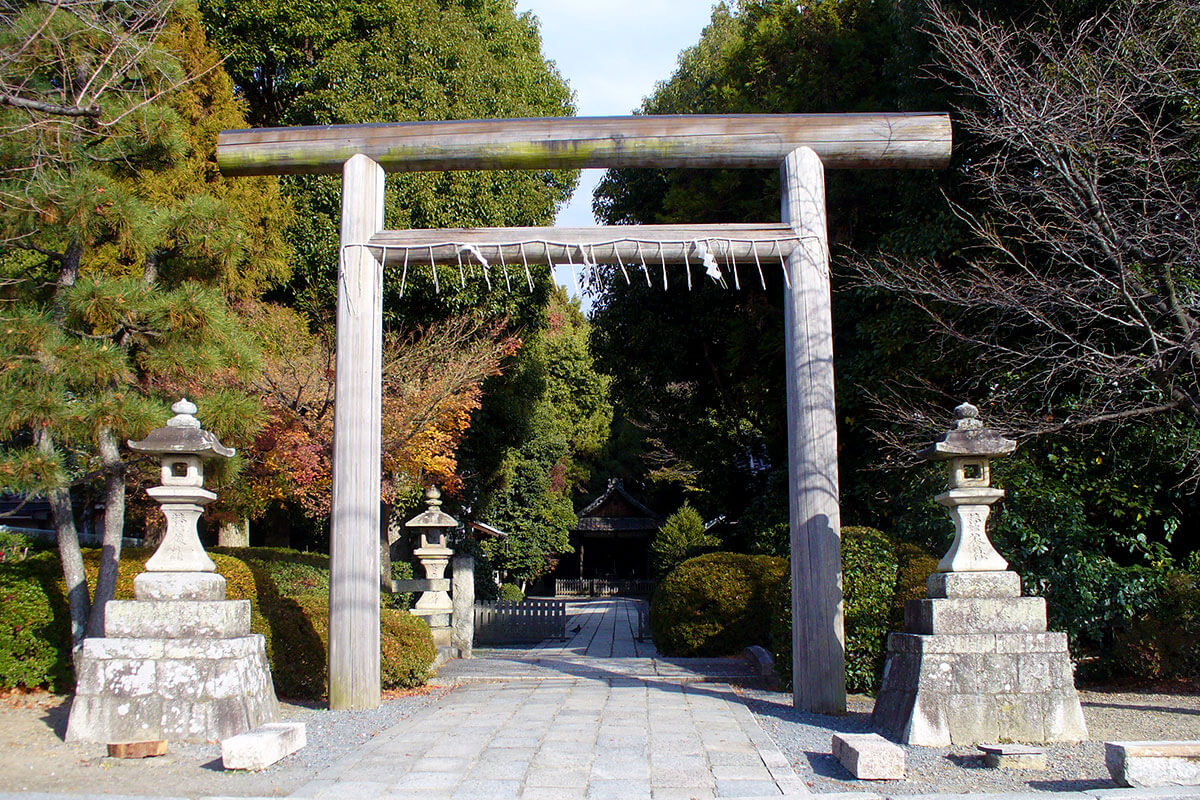
The torii of Kijima-za Amateru-mikoto Shrine, commonly called "Silkworm Shrine
The temple grounds are not very large. Surrounded by trees, the torii gate stands out in the quiet precincts of the shrine. It is a common sight at shrines, but this torii gate is different from ordinary torii gates,Nationally unique three-pillar torii gateThe first is.
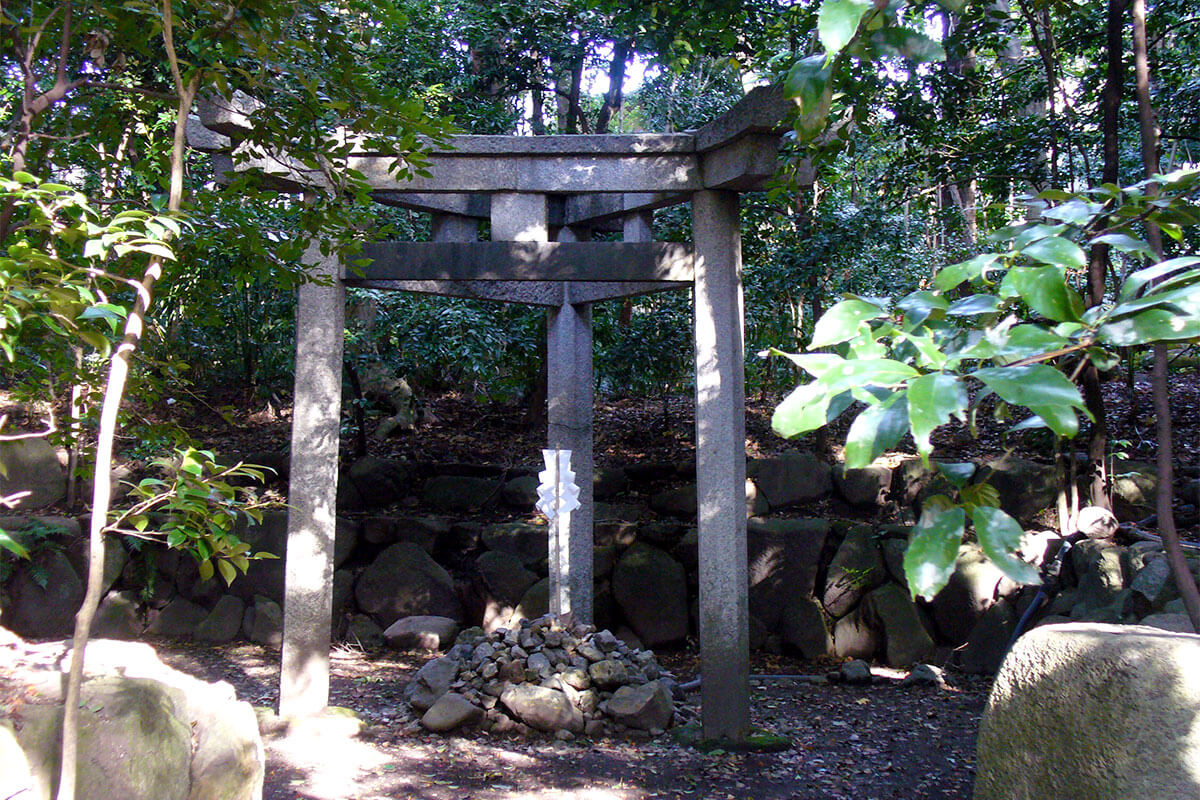
Three Pillar Torii. No water in Moto Tadasu Pond.
It is a Shinmei-shaped stone torii gate with three stone pillars connected by a shimagi and a nuki,Arranged in equilateral trianglesThe shrine is built in the center of the building. In the center of it is the shrine of the Kumiseki,center of the universeThe three pillars are not familiar to us. The unfamiliarity with the three pillars makes them seem even more mysterious and inaccessible. Why three pillars? The reason for the three pillars is not well understood, nor is the meaning of the three pillars.
People have always been in awe of things that are different from the rest. If we don't know the reason why something is different, we are even more afraid of it.This torii gate can be visited from three sides and in any direction. Each faces Shimogamo Shrine, Fushimi Inari Taisha Shrine, and Matsuo Taisha Shrine.There is a theory that the shrine is related to the Hata clan, but all of them are related to the Hata clan.
The three torii now stand on the ground, but in ancient times they were fed by a spring,Moto Tadasu no IkeIt used to be called It used to be calledThe reflection of the torii gate on the surface of the pond made people who saw it feel even more mystified and reverential.The god of misogi was also known as the god of praying for rain. Also known as the god of praying for rain, the pond of Tadasu was a place of misogi. It has been a place of misogi for local people for a long time.Familiar Power SpotsIt must have been.
If you soak your hands and feet in the water of this pond on the day of the Ox of Doyou, you will live in good health for a whole year!It is said to be the most important day of misogi in Japan. Even today, misogi is performed every year on the day of the Ox of Doyo, when the shrine is artificially filled with water and visitors come to perform misogi. It is said that the Tadasunomori forest and the Tadasuno-ike pond in Shimogamo Shrine are based on the Moto-Tadasunomori forest and the Moto-Tadasuno-ike pond.
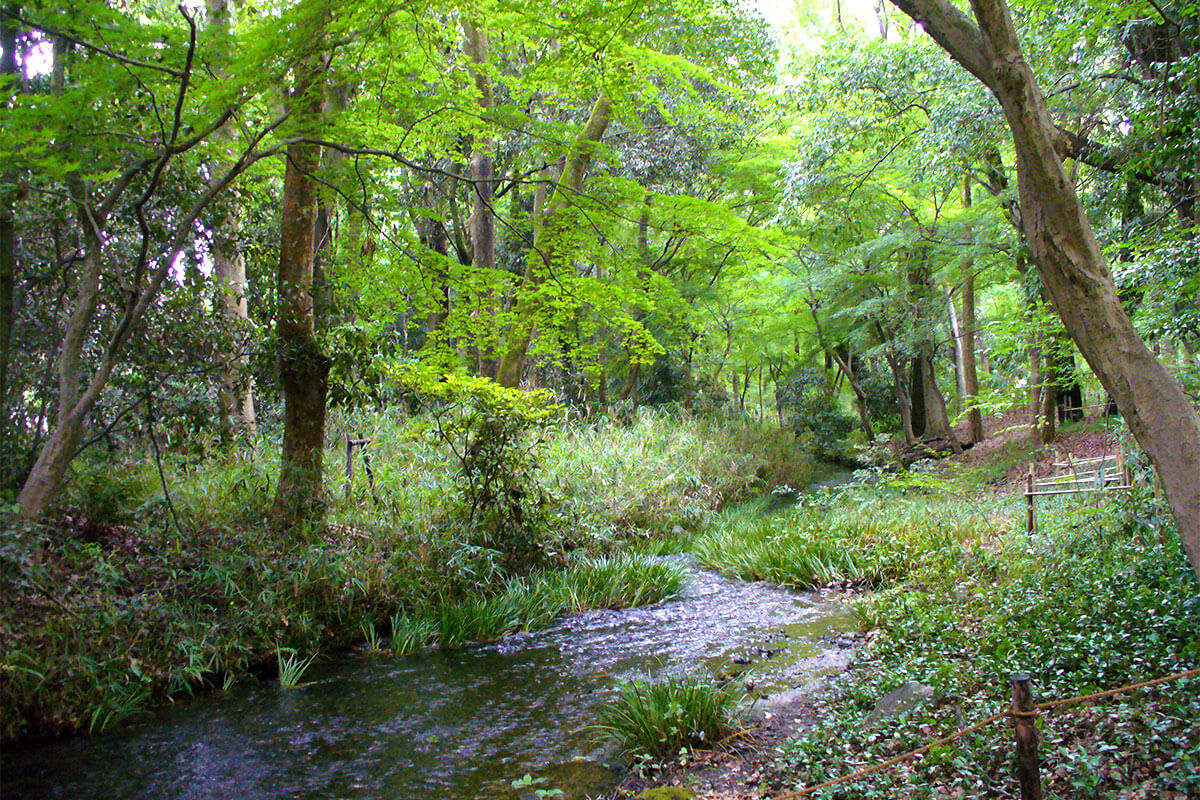
Tadasumo Forest at Shimogamo Shrine
This year, the day of the Ox is July 27 (Sat.). The custom of eating nourishing eel on this day is probably to make one's body more resilient to the intense heat. The same day,Cucumber seal" at several temples in KyotoThe same is true of misogi, the immersion of hands and feet in pond water. Misogi, or purification ceremony in which people dip their hands and feet in the water of a pond, and cucumber sealing are also performed,Wisdom and prayers of Kyoto people for good healthis included.
[related-article field="related1″].
In July, the streets of Kyoto are filled with the Gion Festival, which is also an event to ward off the plague. The Gion Festival is also an event to ward off the plague in Kyoto in July,Kyoto people can get through the summer in peace because all kinds of wards are set up to prevent bad luck from entering the city.I guess.
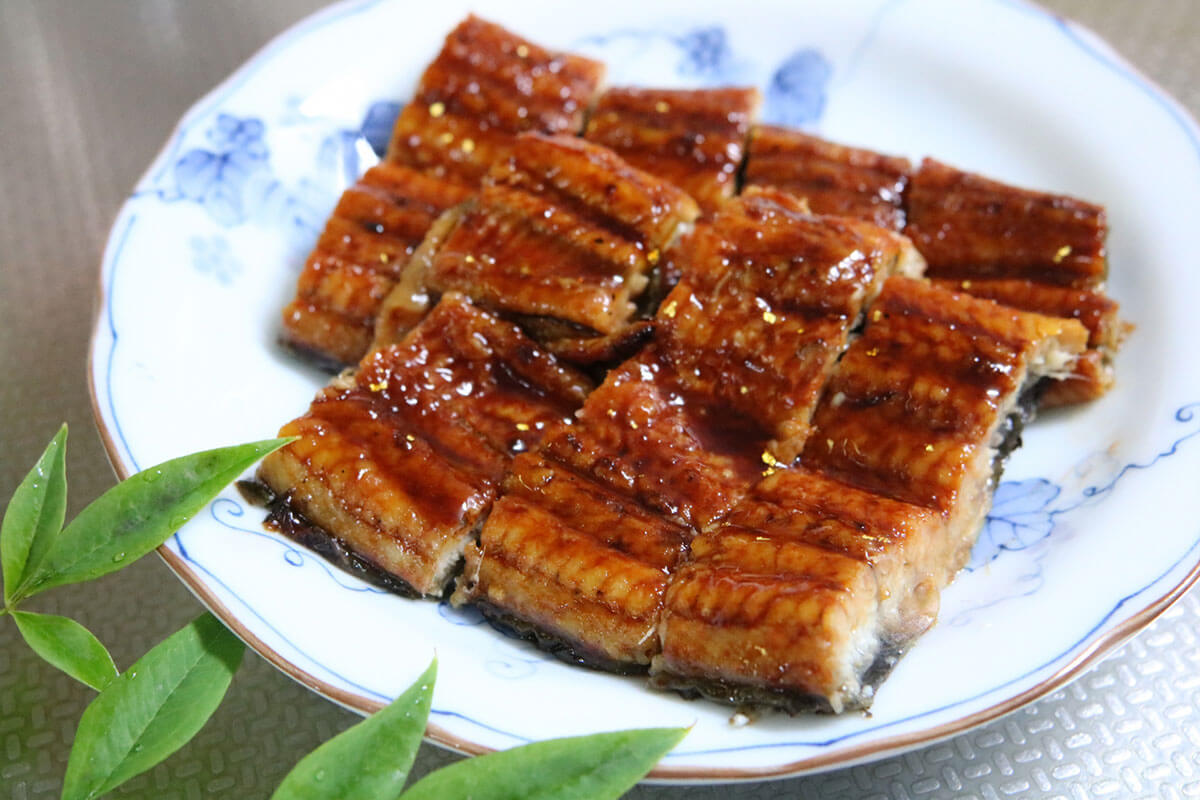
Eel to be eaten on the day of the Ox
Citation: Photo AC
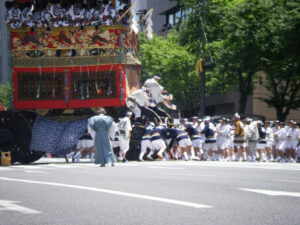
Omahayashi, Tsujiwari, Chimaki...
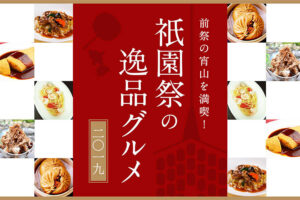
Only Yoiyama and Yoiyama of the previous festival are held in a year!
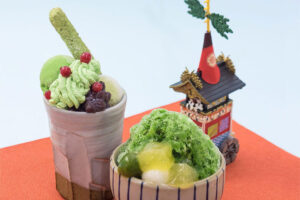
Sweets are available only during the Gion Festival!
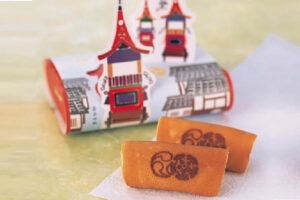
It is only available during the Gion Festival!
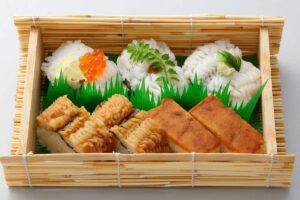
Another name for the Gion Festival is the "Hamo Festival
Tradition that exists everywhere in the city of Kyoto. It is not just a picture, it is secretly alive in this modern age and continues to coexist with people. The two of Office TO, who previously wrote a series of articles "Kyoto's Demon World Exploration" in the monthly magazine Leaf, explore the mysterious "different" world of Kyoto, which was created over 1200 years. I will unravel the story while actually visiting the place. .
 News
News Feature article
Feature article Featured event
Featured event